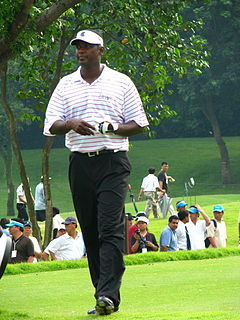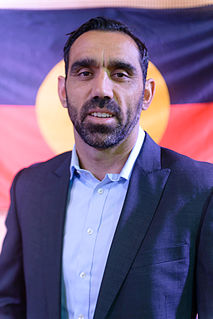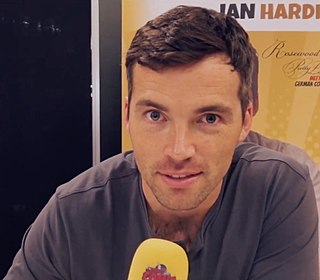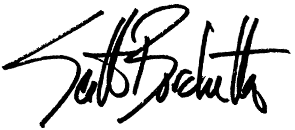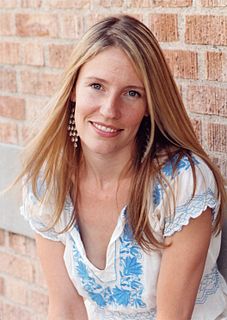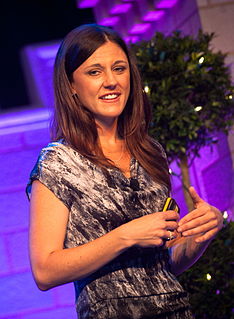A Quote by Vijay Singh
I'd like to have a little better relationship with the media. It's just that I don't think the media is comfortable with me.
Quote Topics
Related Quotes
I have learned one thing, because I get treated very unfairly, that's what I call it, the fake media. And the fake media is not all of the media. You know some tried to say that the fake media was all the media, no. Sometimes they're fake, but the fake media is only some of the media. It bears no relationship to the truth.
If it's just me on stage telling stories for, like, an hour, that's great. That's fine. But like a sandcastle on the beach, it gets washed away at night. It's so much more powerful if we can all share our narratives and doorstep moments and make us feel a little less alone. I'm just trying to use social media and new media as a way to capture that.
Thinking about free speech brought me to media regulation, as Americans access so much of their political and cultural speech through mass media. That led me to work on the FCC's media ownership rules beginning in 2005 to fight media consolidation, working with those at Georgetown's IPR, Media Access Project, Free Press, and others.
I was on television a couple of years ago and the reporter asked me, "How does it feel being on mainstream media? It's not often poets get on mainstream media." I said, "Well I think you're the dominant media, the dominant culture, but you're not the mainstream media. The mainstream media is still the high culture of intellectuals: writers, readers, editors, librarians, professors, artists, art critics, poets, novelists, and people who think. They are the mainstream culture, even though you may be the dominant culture."
I don't think anybody has a choice. Everybody has to kind of interact with all the craziness right now. I don't like to engage - a lot of people made a point of doing the social media thing, and I think that social media is complete trash, so I treat it like that. I like Instagram. I like the funny photos. Other than that, it's not for me.
In the founding days of the Constitution, the purpose of the media was to make sure that powerful government officials were held accountable. It really was. I mean, it was founders who hated the media like everybody else hates the media, but they understood the role they played. This media long ago when it comes to Hillary Clinton/Bill Clinton and the Democrat Party? No, no, no, no. They're the Democrat Party now. There is no media.
